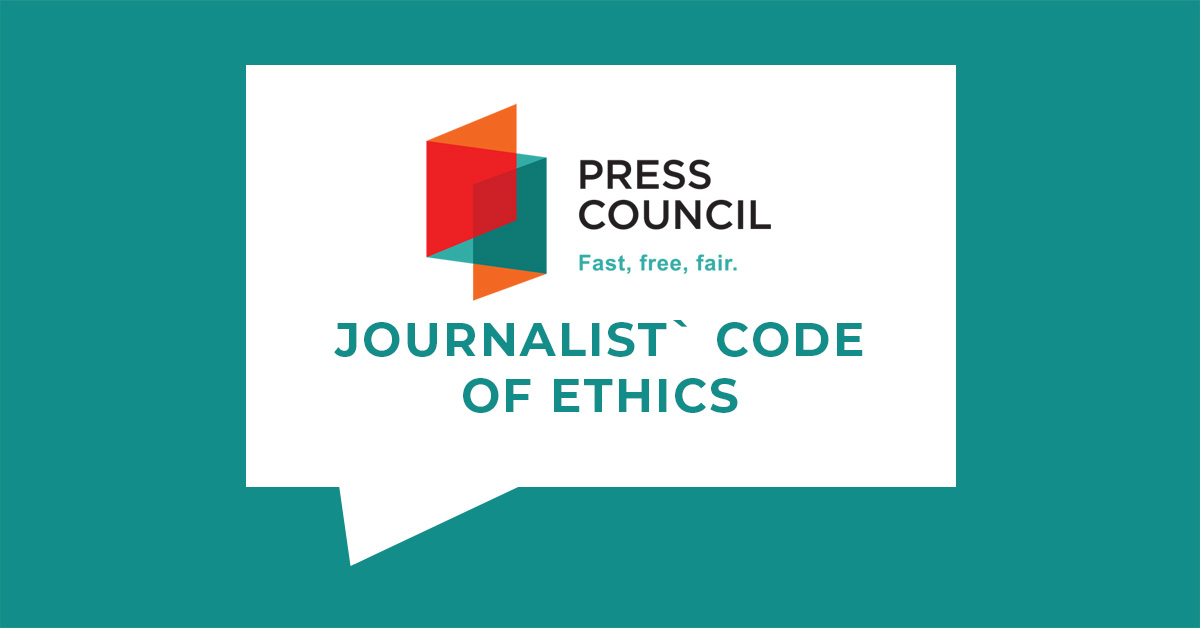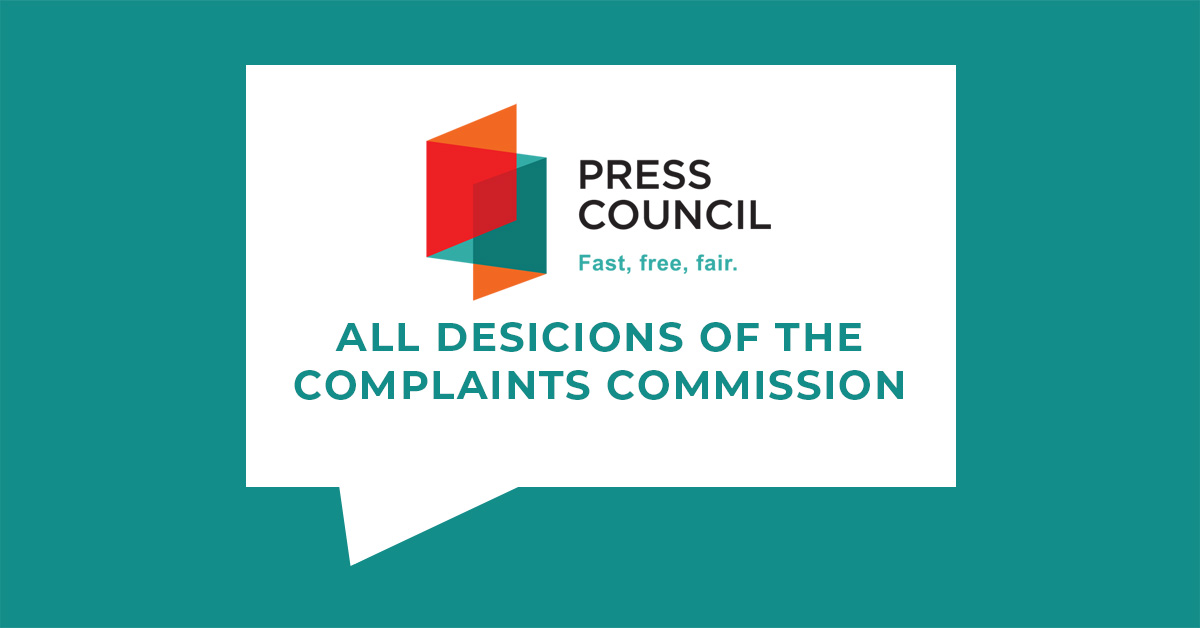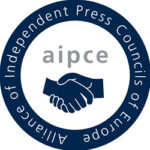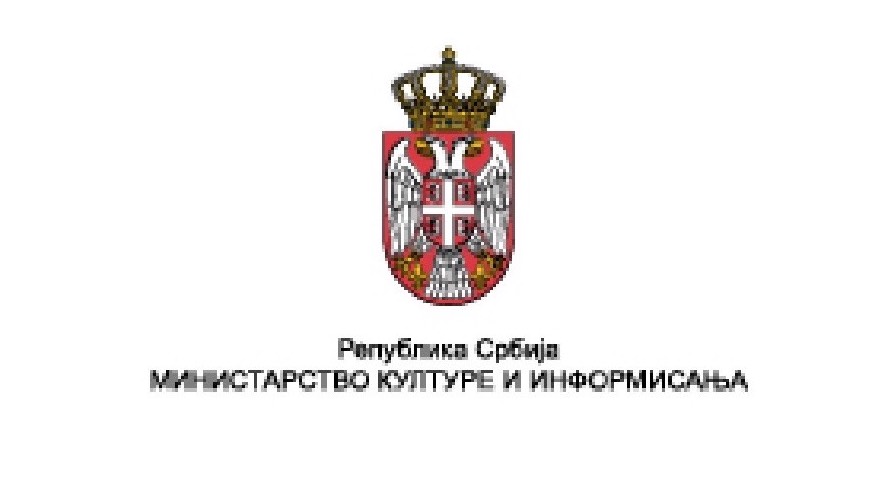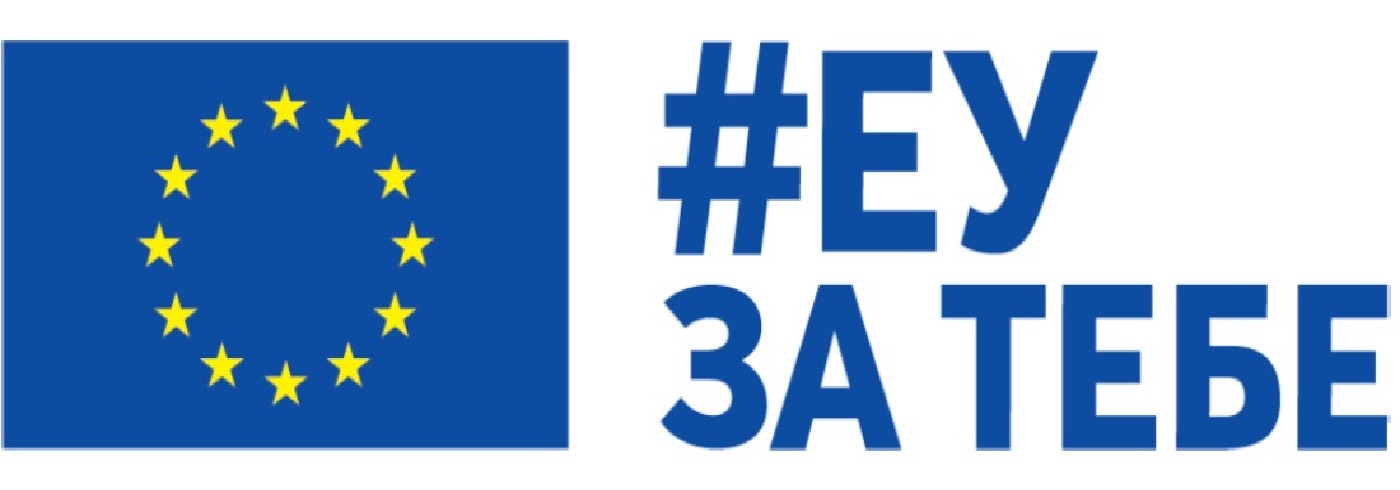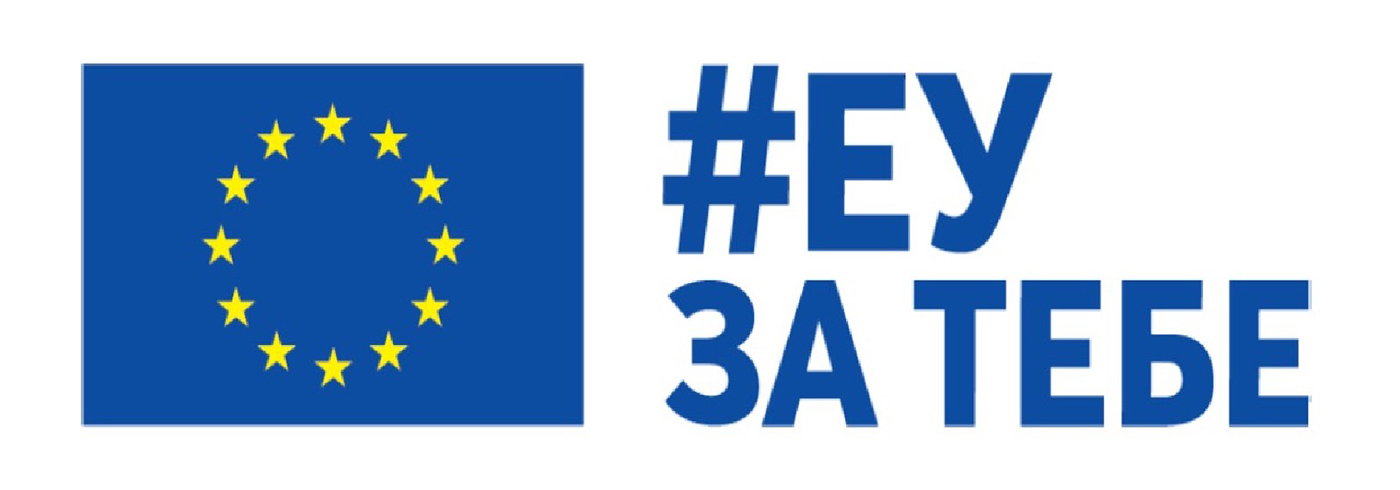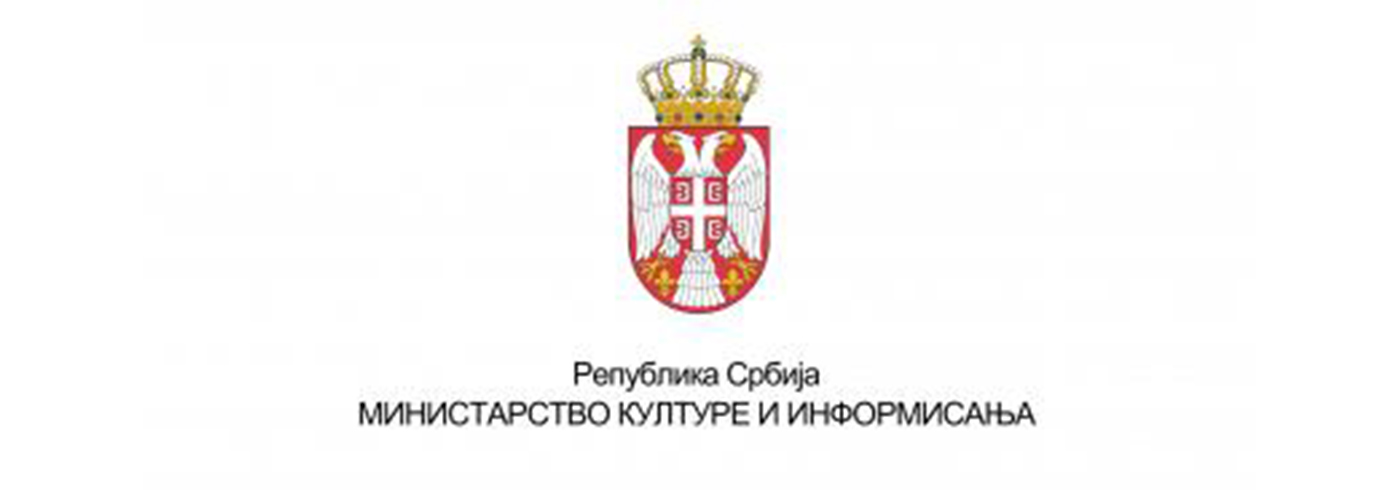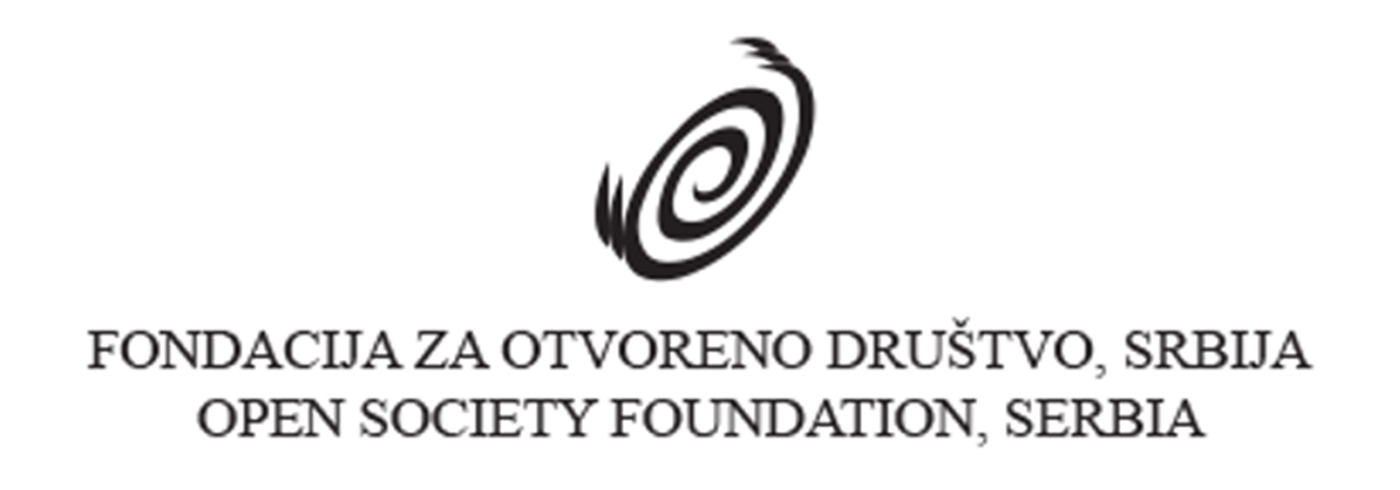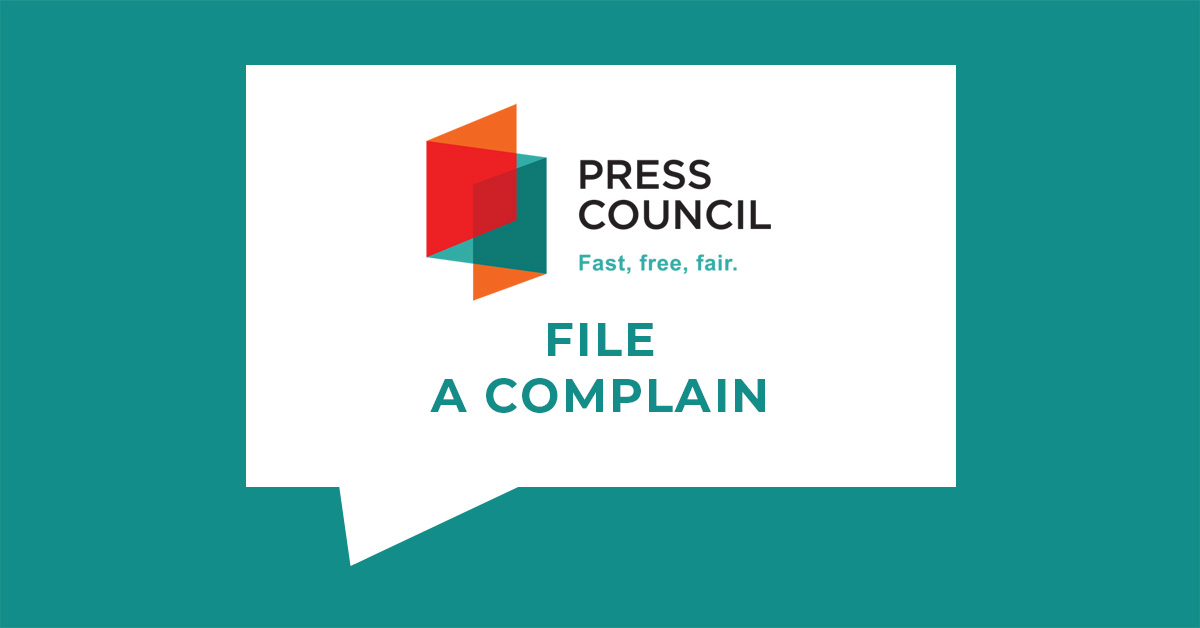Fast, free, fair.
CURRENT
MEDIA LITERACY IS DEFENSE AGAINST FAKE NEWS: EXHIBITION IN E-GYMNASIUM NOVI SAD

On 12 June 2025, the Press Council opened an exhibition entitled “Media Literacy Against Fake News” at the eGymnasium in Novi Sad, designed as an interactive tool for educating high school students about contemporary challenges of information in the digital age.
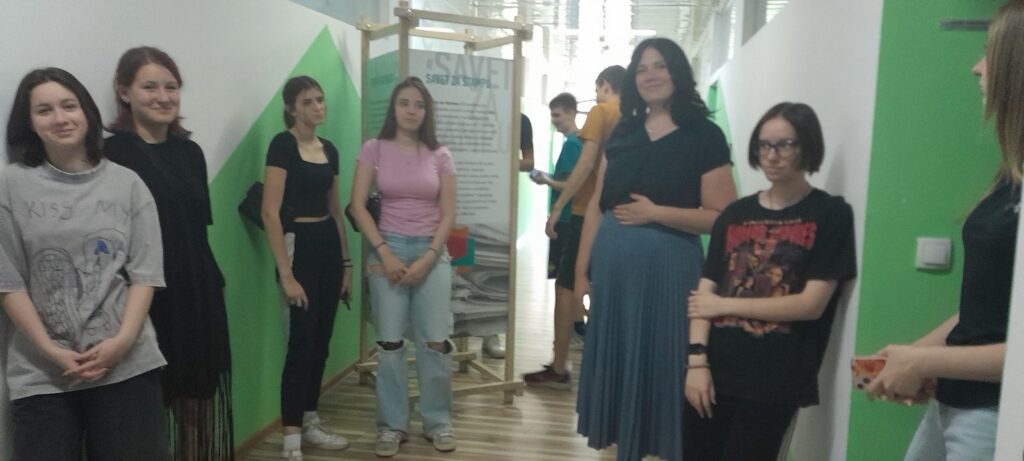
The exhibition was presented to the students by Jadranka Marčok, director of the magazine “Ekolist”, and Marica Puškaš, editor of the electronic edition “eEkolist”. They pointed out the importance of critical thinking, recognizing fake news and understanding the rights that young people have as users and participants in the media space.
This traveling exhibition, intended for high schools across Serbia, was organized by the Press Council with the support of UNESCO and the European Union. The exhibition is designed in accordance with the school curriculum, more precisely the curriculum of the subject “Language, Media and Culture”, and the teachers use it as a supplementary teaching material for the development of media literacy among students.
The exhibition provides young people with information on basic media rights and ways to protect themselves from disinformation and abuse in the online space. So far, this educational setting has been seen by 8,490 high school students, and the content is also available online through the Press Council’s website: https://savetzastampu.rs/lat/totemi
In addition, the exhibition has its own Instagram page, where you can follow the news, impressions of students and the dates of the next visits: https://www.instagram.com/laznevestiizlozba
The Press Council, as a self-regulatory body, brings together publishers, owners of print and online media and professional journalists with the aim of monitoring compliance with the Journalists’ Code of Ethics of Serbia and resolving complaints from citizens and institutions about the content published in these media.
This exhibition is one of the ways in which the Press Council contributes to the development of critical thinking among young people and the promotion of responsible information in the digital era.
ABOUT US
The Press Council is an independent, self-regulatory body that brings together publishers, owners of print and online media, news agencies, and media professionals. It has been established for monitoring the observance of the Journalist’s Code of Ethics, solving complaints made by individuals and institutions related to media content. The Press Council is also authorized to mediate between aggrieved individuals, institutions, and editorial staff, and to pronounce public warnings in cases when determined that the violation of ethical standards as defined by the Journalist’s Code of Ethics has occurred. The Press Council is engaged in the education of media professionals to act in accordance with the Journalist’s Code of Ethics and works to strengthen the role of media in Serbia.
We strive for responsible and professional journalism. Our mission is to protect the citizens of Serbia from manipulation in print and online media and to raise the quality of journalism in Serbia. We’ll act in accordance with the Journalist’s Code of Ethics and our own conscience, in compliance with the law, and under the motto: Fast, free, fair!

